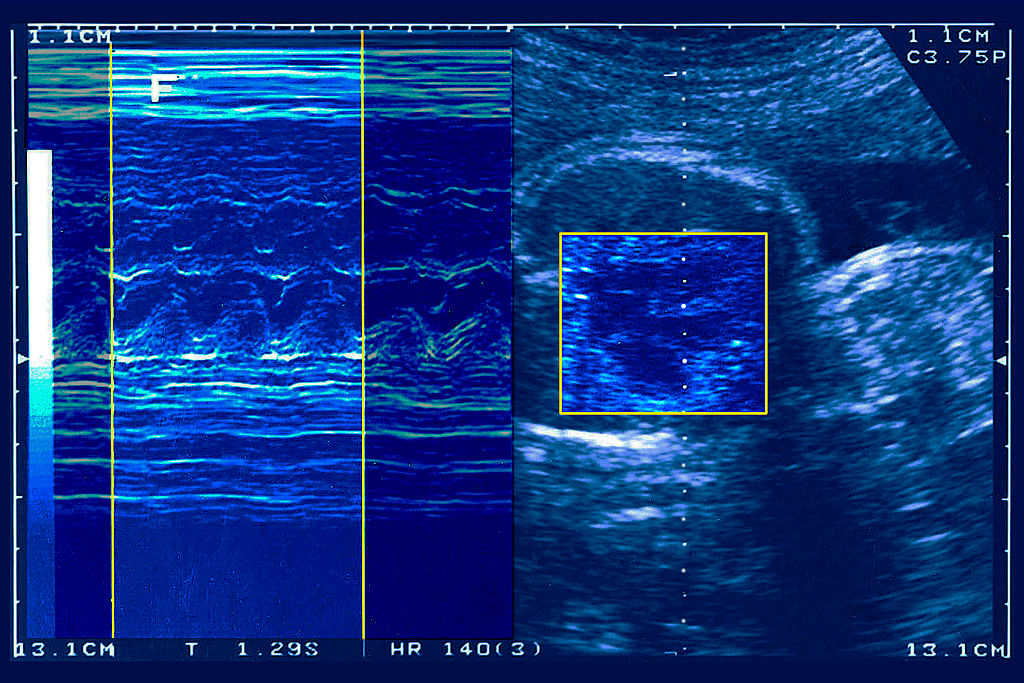There appears to be mass confusion about a law passed last year in Utah requiring doctors to give fetuses painkillers or anesthesia before abortions are performed at or after the 20-week pregnancy mark.
With the law’s passage nine months ago — based on the belief that fetuses are able to feel pain in the womb — Utah became the first state to cement such a requirement. From the start, the measure created intense division, with supporters seeing it as a way to protect unborn babies from pain and detractors framing it as just another pro-life antic to try and hamper abortion, as CNN noted.
Either way, consternation has reportedly morphed into confusion, with doctors at the only clinic in Utah that is registered to perform these abortions — a healthcare facility run by Planned Parenthood Association of Utah — expressing confusion over how to comply with the law, telling The Associated Press they have yet to change how they do the procedure.
“I guess I’m breaking the law,” Dr. Leah Torres, one of five or six doctors who perform such abortions at the Utah clinic, told the outlet. “But I don’t know how to not break it because no one would tell me.”
Torres said she went to the governor, attorney general and politicians to seek guidance about the apparently vague language in the measure — language that reportedly offers doctors little in the way of specific information about how to offer these painkillers.
But Torres said she wasn’t given any specific treatment related to the law. The Associated Press didn’t fare much better when trying to seek answers, reporting that the governor’s office sent the outlet to the attorney general for answers, and then the attorney general’s office suggested they go to the state’s Department of Health.
But then a spokesperson for that department said there’s no guidance, as the law “didn’t task” the agency with crafting any. Clearly, there’s some confusion. So, let’s take a brief look at what’s enshrined in the law, which was passed last May.
Amended text in the law reads, “A physician who performs an abortion of an unborn child who is at least 20 weeks gestational age shall administer an anesthetic or analgesic to eliminate or alleviate organic pain to the unborn child caused by the particular method of abortion to be employed. See this section, including exemptions, below:

The sticking point that is creating confusion, according to the AP, is the fact that the law doesn’t give specifics about the required anesthetics or painkillers, and doesn’t specify whether, for example, a doctor has followed the law if he or she has given anesthesia to a woman and it has, in turn, reached the unborn baby. Read more about the debate here.
The overarching abortion debate continues to be a complex and emotional battle, though it’s a paradigm that becomes even more contentious when a pregnancy reaches the 20-week — or five-month — mark. At least 16 states restrict abortion at the 20-week mark, with Kentucky serving as one of the latest states to make such a decision, though other states have considered similar proposals.
The AP report comes as numerous undercover and investigative videos from pro-life group Live Action have made headlines of late. These clips have accused Planned Parenthood of “pushing profitable abortions, often at the expense of health care services for the women it claims to serve,” of having abortion quotas and of not offering widespread prenatal care, among other allegations.
—
Other Must-Read Stories:
– Are Muslims Who Commit Violence in the Name of Islam Truly Islamic? Americans Respond
– Mission Haiti: Could You Do Church ALL Weekend? These People Do, With JOY
– Venezuelans Forced to Eat Flamingos to Survive Socialist ‘Maduro Diet’



